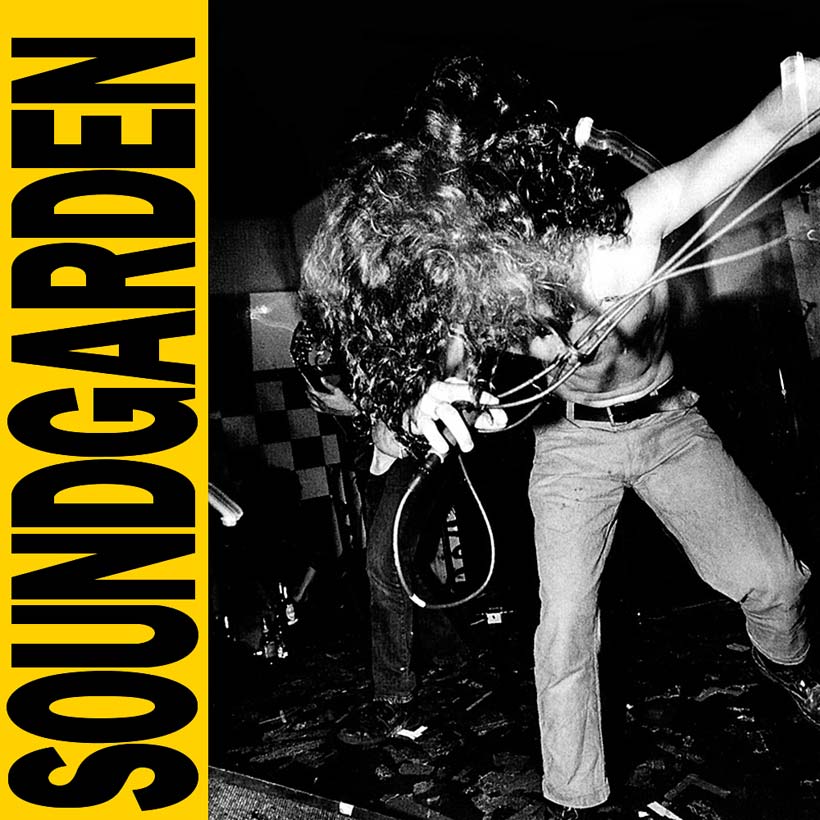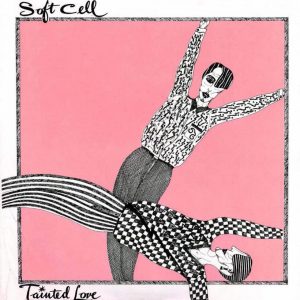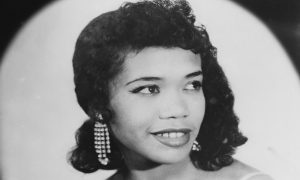Soundgarden drew up the template for grunge music with their astonishing 1988 debut, Ultramega OK, but with their sophomore release, Louder Than Love, the Seattle quartet began the remarkable metamorphosis that would, in just a few short years, transform them from hotly-tipped local favorites to fully-fledged rock icons.
Two of the Seattle scene’s other spearhead acts, Mudhoney and Nirvana, released their debut albums through hip local imprint Sub Pop, in 1989, but Soundgarden (whose debut had been released by Californian indie SST) became the first Pacific Northwest act to sign to a major label when they inked a deal with A&M in May that same year.
Listen to Soundgarden’s Louder Than Love now.
To record their second album, Soundgarden’s new label hooked them up with Terry Date, a savvy producer with a background in prog-rock and metal acts such as Dream Theater and Metal Church, and who would later produce Apple, the solo album by pre-Pearl Jam outfit Mother Love Bone. A&M also offered Soundgarden a bigger budget and the opportunity to make a formidable, hard-hitting record that would introduce them to a far wider audience.
The band was more than equal to the challenge, and on Louder Than Love they proved they had the arsenal to compete on the global stage. Chris Cornell’s swooping vocals immediately marked him out as one of rock’s true originals, while guitarist Kim Thayil’s remorseless, Tony Iommi-esque riffs drove key anthems “Ugly Truth” and the psych-tinged, ecology-related protest song “Hands All Over.” The dexterous Matt Cameron/Hiro Yamamoto rhythm section, meanwhile, relished the chance to hotwire everything from relentlessly heavy rockers (“No Wrong, No Right,” “Uncovered”) to the Dead Kennedys-style hardcore of “Full On Kevin’s Mom” and the deliberately parodic glam-metal stomper “Big Dumb Sex” (later covered by Guns N’ Roses on their “The Spaghetti Incident?” Album).
The band’s collective belief in their abilities also gave them the courage to experiment with sounds and textures, leading them to downtune their guitars and toy with intricate time signatures. “Get On The Snake,” for instance, rode a slippery, Led Zeppelin-esque groove in 9/4 time, while the disorienting “Gun” changed gears continually: speeding up, slowing down, and surviving a series of hair-raising chicanes as it morphed from an ‘Iron Man’-esque pace to a raging full-on punk thrash.
Both the critics and the band’s peers approved of the advances Soundgarden made with Louder Than Love. Noting the album’s dense, metallic sheen, Rolling Stone commented that the songs were “lean, mean and fighting fit” and that “Chris Cornell has the sort of soaring, muscular voice that [The Cult’s] Ian Astbury can only dream of”. Metallica guitarist Kirk Hammett, a long-time Soundgarden fan, was also blown away by Louder Than Love’s inherent power. As he recently revealed to Classic Rock, he was “trying to capture [Soundgarden’s] attitude toward big, heavy riffs” when he was inspired to write Metallica’s legendary “Enter Sandman.”
Louder Than Love provided Soundgarden with an all-important commercial breakthrough when, following its September 5, 1989 release, it peaked just outside the Top 100 of the Billboard 200. It was only the initial shot across the industry’s bow, but it showed that the momentum behind the Seattle grunge sound was building. When Soundgarden rejoined the fray with 1991’s majestic Badmotorfinger, they’d make the leap from the margins to the very heart of the mainstream.




